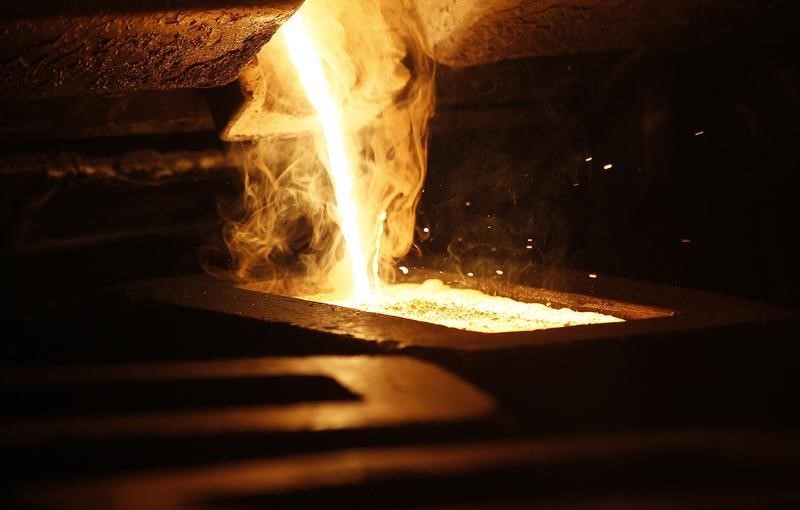Proactive Investors - The future is battery metals.
We’ve known that for some time now, and 2023 is only going to drive the message home further.
Exactly how commodities prices perform will remain to some degree in the hands of the US Federal Reserve and the Chinese state authorities.
But to the extent that the market is in control of what happens, lithium, copper, vanadium, cobalt, nickel and tin are likely to remain popular and continue to be able to attract speculative capital.
Inside the UK, a small, local battery metals sector is developing and learning as it goes how to be independent of traditional capital markets.
Thus we have Cornish Lithium and Cornish Tin, both financed through crowdfunding and likely to continue to be so until really big development capital is needed.
British Lithium, Strategic Minerals, Tungsten West and Cornish Metals all add to the panoply of local UK miners gradually building a presence in the southwest of the country – still a shadow of what the old mining industry there looked like in the glory days, but nevertheless a harbinger of what’s to come – a renaissance in UK mining in the making.
For UK investors the progress that the nascent new sector makes in 2023 will be one of the most interesting spectacles to keep an eye on and there is plenty of comfort to be drawn from the fact that the commodities in question are all related to hi-tech industries and battery metals.
That means that not only are they likely to gain more traction in the market, but they are also likely to attract more government support.
There is, to be sure, a notable anti-mining lobby in the British Isles, and we see it every year at the Mines & Money conference in Islington.
In recent decades, they’ve not had much to protest. But note that the UK has just given the formal go-ahead for its first new coal mine in a decade or two – thanks President Putin – and that the UK has no real formal Ministry of Mines, as most other countries do.
What will that mean?
First, this government, whatever its true instincts, has to live with the results of the Brexit referendum.
The UK economy is already underperforming all of its G7 peers and looks set to continue to do so.
Is this a result of Brexit? – the debate rumbles on, but it sure would be a lot easier for the government if it could stimulate a lot of home-grown economic activity and pull itself out of the economic mire.
A home-grown mining industry, especially one essentially created in support of green energy technologies might be just the ticket.
And those green credentials do go some way towards heading off the mining protestors at the pass.
One coal mine in the north is one thing. Several lithium mines in the southwest are another.
Having said all that, the UK investor has been burned in the past by local mining projects – mention the name of Sirius Minerals only softly at gatherings of investors even now.
Whether anything more than the speculative pound will come into the UK’s mining scene in 2023 remains an open question.
And how much spare money will there be?
The pound looks likely to continue to perform poorly against the dollar and the euro – witness that poor relative economic performance we mentioned earlier.
Money may start moving out of crypto, post-FTX, and looking for a home.
But whether it wants a speculative home, like the UK battery metals mining industry, or a safe haven home, like gold, remains an open question.
In terms of the broader, international commodities space, gold is likely to remain a favourite, as fiat currencies remain the punchbags of central bankers and voters and citizens grow weary of watching their paper wealth frittered away.
And you know what they say in the green and ESG spaces – “think globally, act locally.”
For 2023, that might well mean that the smart speculative money remains close at hand and invested in battery metals, while the more cautious prudent pound and dollar rest safely in the oldest and most trusted commodity of them all.
We shall see.
